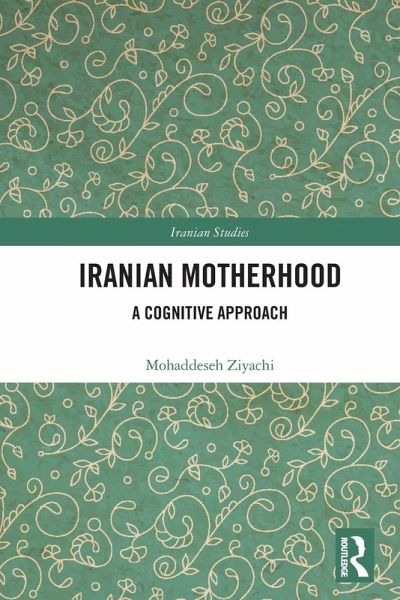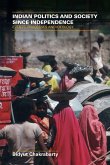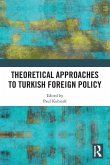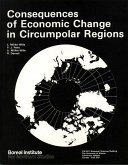This book characterises the problematic status of motherhood in present-day Iranian society - that is, problem in the Foucauldian sense of an object of thought and a source of tension, not as a pathological issue - and explains the historical processes contributing to this problematisation.
Hinweis: Dieser Artikel kann nur an eine deutsche Lieferadresse ausgeliefert werden.
Hinweis: Dieser Artikel kann nur an eine deutsche Lieferadresse ausgeliefert werden.
"At a time of declining fertility in much of the world, Mohaddeseh Ziyachi explores the tensions and debates that shape the way middle-class Iranian women think about motherhood. Ziyachi shows how overlapping waves of historical change and competing social forces create internal conflicts and obstacles to achieving the kind of life the women desire. This book makes me excited about the future of cognitive anthropology."
Professor Claudia Strauss, Pitzer College, United States
"This book represents a highly comprehensive and precise cognitive anthropological investigation of the current and contemporary culture of Iran. This research holds both theoretical significance, as it contributes to the development of the field of cognitive anthropology, and practical and objective importance as it addresses political problems and significant tensions within Iranian society. The book is literally a multidisciplinary and transdisciplinary study. Ziyachi has effectively integrated the concepts, frameworks, and methods of cognitive anthropology with historical, philosophical, and evolutionary psychological perspectives."
Nematallah Fazeli, Professor Emeritus, Institute for Humanities and Cultural Studies, Iran
Professor Claudia Strauss, Pitzer College, United States
"This book represents a highly comprehensive and precise cognitive anthropological investigation of the current and contemporary culture of Iran. This research holds both theoretical significance, as it contributes to the development of the field of cognitive anthropology, and practical and objective importance as it addresses political problems and significant tensions within Iranian society. The book is literally a multidisciplinary and transdisciplinary study. Ziyachi has effectively integrated the concepts, frameworks, and methods of cognitive anthropology with historical, philosophical, and evolutionary psychological perspectives."
Nematallah Fazeli, Professor Emeritus, Institute for Humanities and Cultural Studies, Iran








